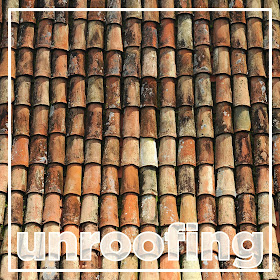After the COVID pandemic started and living in NYC, one of the hardest hit places in the world, we were forced to quickly internalize quarantine rules. And while we were confined to our homes a number of friends mentioned difficulties they had while killing time and watching old films and sitcoms. People in those films behaved so irresponsibly! Characters certainly did not observe any social distancing rules. One friend half jokingly reported how she almost started to yell at the TV “don’t do that, that is dangerous” when the sitcom cast started to nestle on one couch.
I do not watch much TV, but I have similar feelings about some biblical stories. For instance the Pentecost. All the disciples were packed in one place and touched by fire. Look at any depictions of that event - disciples are looking like some human shaped candles with little flames above their heads! But the room is packed! It does not feel right!
Putting aside our pandemic neurosis I realized that there is more to the Holy Spirit than just the Pentecost event as reported by Luke in the Acts. The Holy Spirit does not need shoulder to shoulder crowds. The Spirit has many different ways of working and permeating, empowering and transforming our faith, ourselves and our world.
Join us this Sunday to celebrate Pentecost in quarantine.




